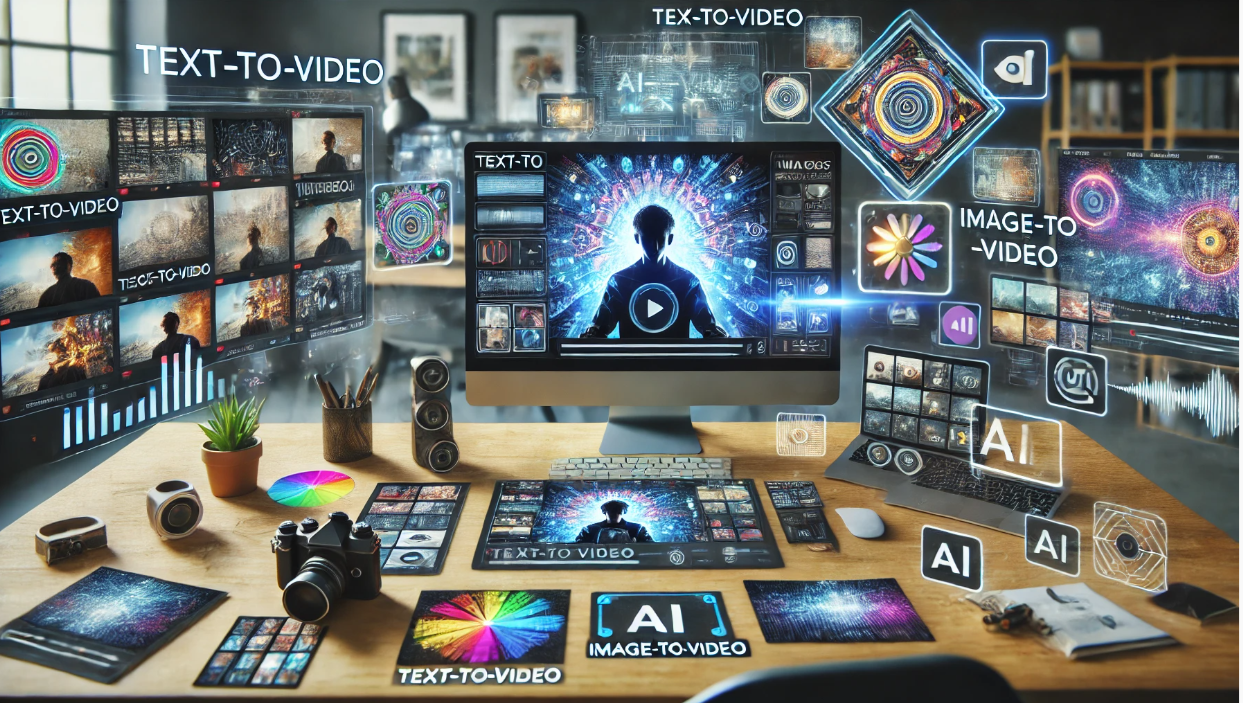Luma Labs AI: Revolutionizing 3D Content Creation

Luma AI makes 3D model creation simple with an intuitive interface.
What Is Luma Labs AI?
Luma Labs AI is a cutting-edge platform that transforms ordinary photos or videos into stunning 3D models using advanced AI and NeRF (Neural Radiance Fields). It’s changing the game for creators, developers, and designers by making 3D rendering fast, easy, and incredibly realistic.
How Luma AI Works
Luma AI uses AI algorithms and neural networks to scan visual data and build photorealistic 3D environments or objects. You simply upload your images or record a video around the object, and Luma AI handles the rest—no coding or technical skills required. Learn more about how NeRF works in this Stanford paper.
Key Features of Luma Labs AI
3D Capture from Any Device
Luma AI allows users to create realistic 3D scans using a smartphone or regular camera. You don’t need expensive 3D scanners or LiDAR technology like the ones used in Apple’s Pro devices.
Photorealistic Rendering
It produces ultra-detailed 3D textures, lighting, and depth. You can zoom in, rotate, and explore objects from every angle—similar to what’s possible with Sketchfab models.
NeRF Technology
Powered by Neural Radiance Fields, Luma delivers cinematic-quality 3D reconstructions that outperform traditional modeling methods. Learn about NeRF’s impact on the industry via Google Research Blog.
Web-Based and Easy to Share
Luma Labs AI is cloud-based. Once your 3D model is ready, you can preview, embed, or share it via link with a single click—similar to how Google Poly used to work before it was sunset.
Use Cases of Luma Labs AI
E-Commerce and Product Visualization
Brands use Luma AI to create interactive 3D product views. It helps boost engagement and sales by allowing customers to examine products from every angle. Read how IKEA uses 3D visualization for its furniture.
Game Development
Developers import Luma’s 3D assets into game engines like Unity or Unreal Engine. It saves hours of modeling and delivers hyper-realistic textures.
Architecture and Real Estate
Architects and realtors use Luma to create 3D tours of buildings and interiors. It enhances virtual walkthroughs and client presentations—see examples from Matterport.
Digital Art and NFTs
Artists create immersive digital art and NFTs with Luma’s 3D renderings. The platform supports creative storytelling in next-gen formats, similar to platforms like OpenSea.
Advantages of Using Luma AI
- Fast and easy 3D model creation
- No need for expensive hardware
- Highly accurate and photorealistic output
- Integrates with professional workflows
- Web-based, no installation required
Limitations of Luma Labs AI
- Requires stable lighting and clear footage for best results
- Processing large models can take time
- Currently optimized for single-object scanning
- Internet connection needed for cloud processing
Pricing and Accessibility
As of now, Luma Labs AI offers a free version for individuals and creators. Advanced features and commercial rights may be part of paid tiers. The company continues to expand its offerings as adoption grows.
Is Luma Labs AI Worth It?
Absolutely—if you’re a content creator, developer, or business wanting 3D content without the learning curve, Luma Labs AI is a game-changer. It democratizes 3D creation and makes cinematic visuals accessible to everyone.
Conclusion
Luma Labs AI stands at the frontier of 3D content technology. With unmatched ease and quality, it empowers creators to bring ideas to life in fully interactive 3D. Whether you’re building products, games, or immersive experiences, Luma is your new creative ally.







1 thought on “Luma Labs AI: Revolutionizing 3D Content Creation”